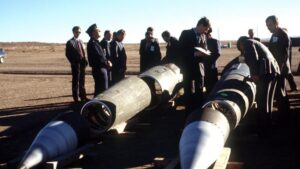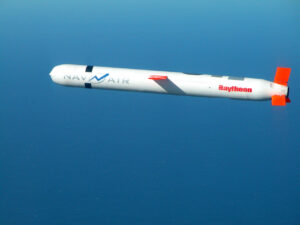Le missile balistique : aviation stratégique du pauvre ?
Penser les Ailes françaises
Revue du Ministère des Armées - n°33
Regardless of the risks associated with proliferating states, however, the pronounced diffusion of deep strike capabilities linked to rockets and SRBMs poses a fundamental problem, creating vulnerabilities in the face of Western forces which have less and less infrastructure. and whose forces are articulated around now limited volumes. In the face of these threats, missile defense is only a partial solution that must be complemented by strengthening the conventional strike capability. However, from this point of view, the reflection of the European States is probably incomplete and remains focused on the development of air resources, out of step with the systems developed by the United States, by Russia and by China but also by a number of people. growing minor military powers. In a tight budgetary context, it may not be uninteresting to assess whether additional solutions should be explored.
JULY 2020
Stéphane Delory
CONTENTS
“The ballistic missile is regularly equated with a kind of “strategic aviation of the poor” “

Depuis la première guerre du Golfe (1991), le missile balistique est régulièrement assimilé à une sorte « d’aviation stratégique du pauvre », devant permettre aux États ne disposant pas de la technologie, de la base industrielle ou encore des ressources suffisantes pour se doter d’une aviation performante, de disposer de moyens de frappe dans la profondeur à un coût acceptable. L’épisode de la guerre des villes entre l’Iran et l’Irak et le phénomène de prolifération balistique qui l’a suivi ont fortement contribué à alimenter cette théorie, tout comme la relance du programme antimissile américain, qui vise précisément à limiter la capacité stratégique offerte par les armes balistiques.





